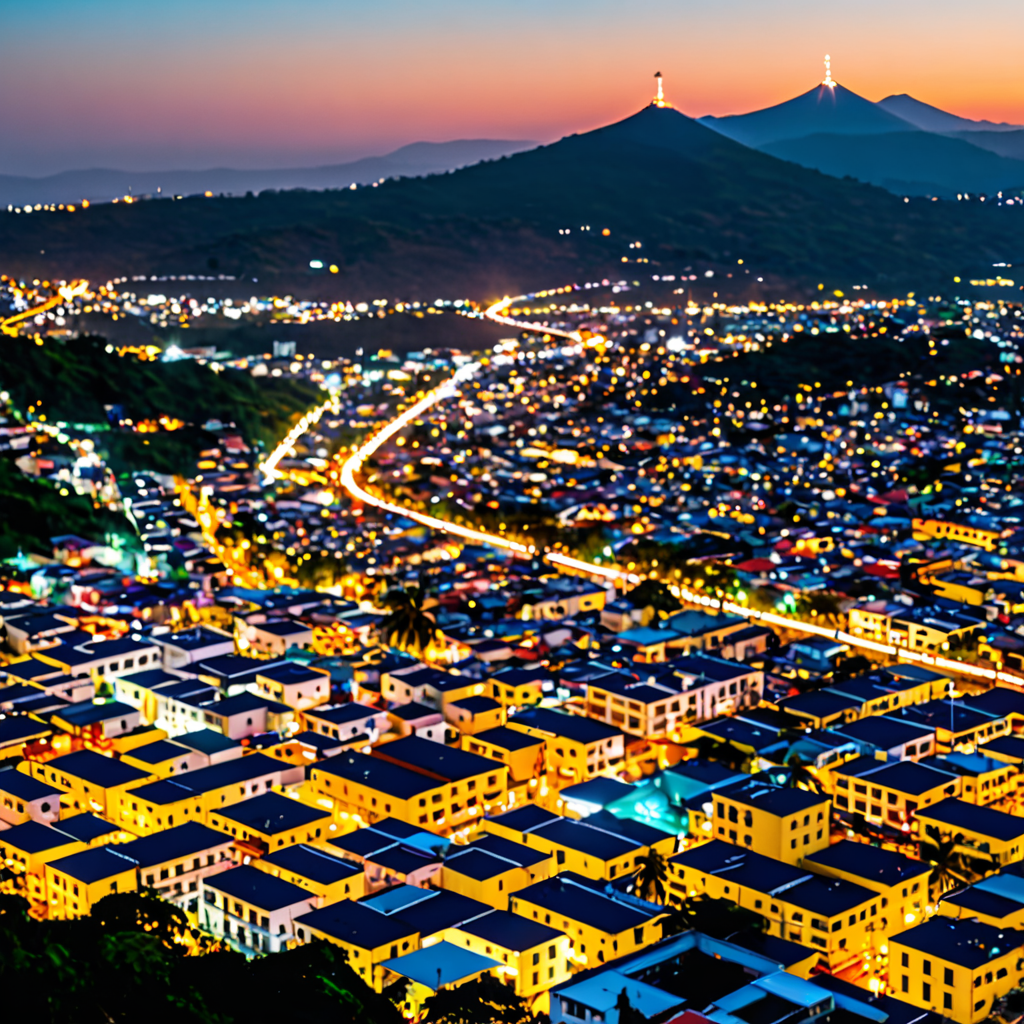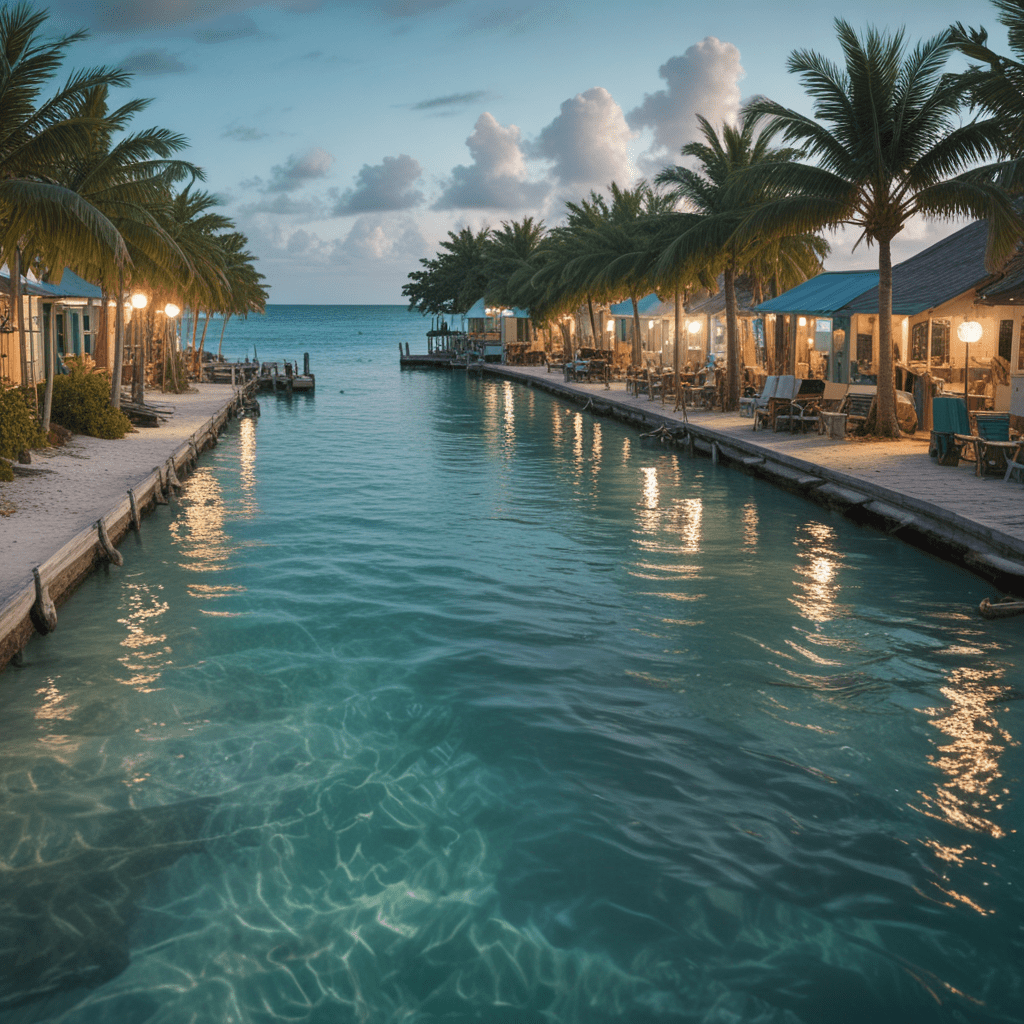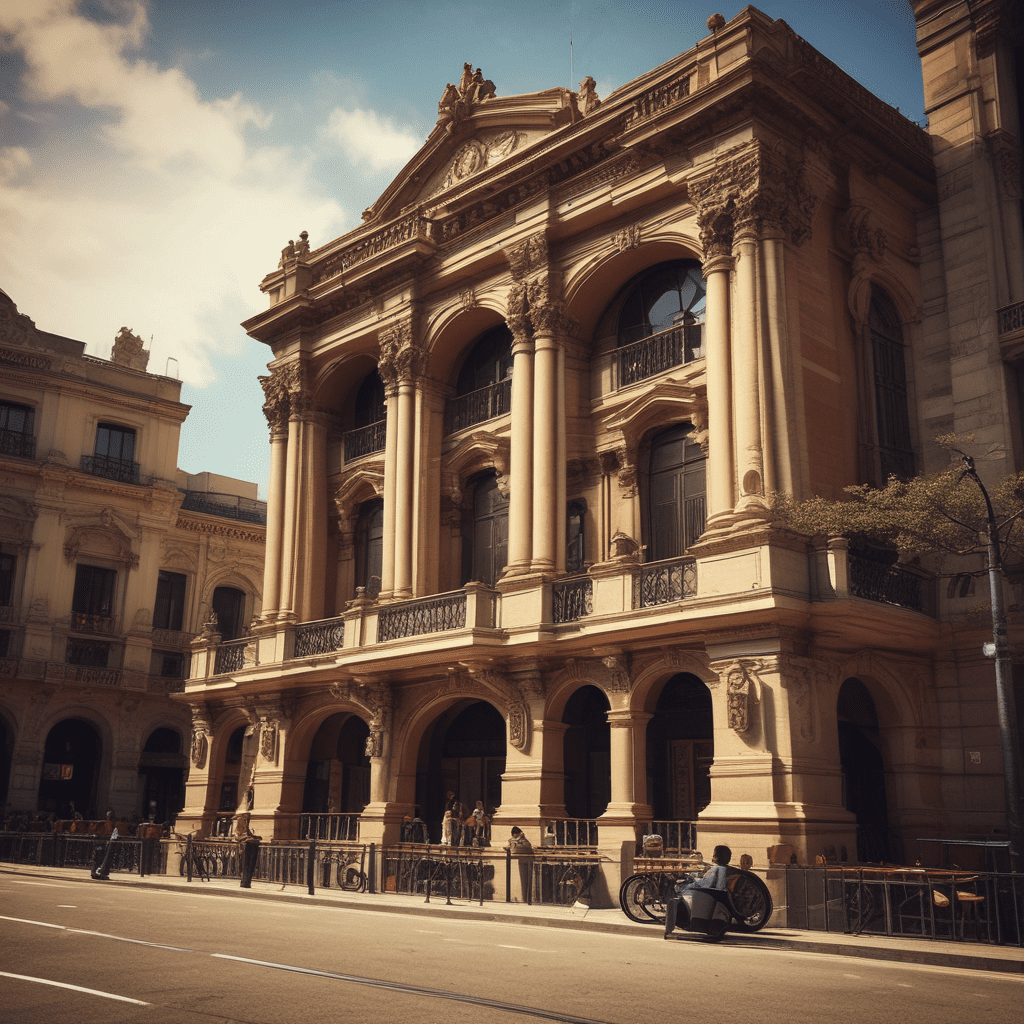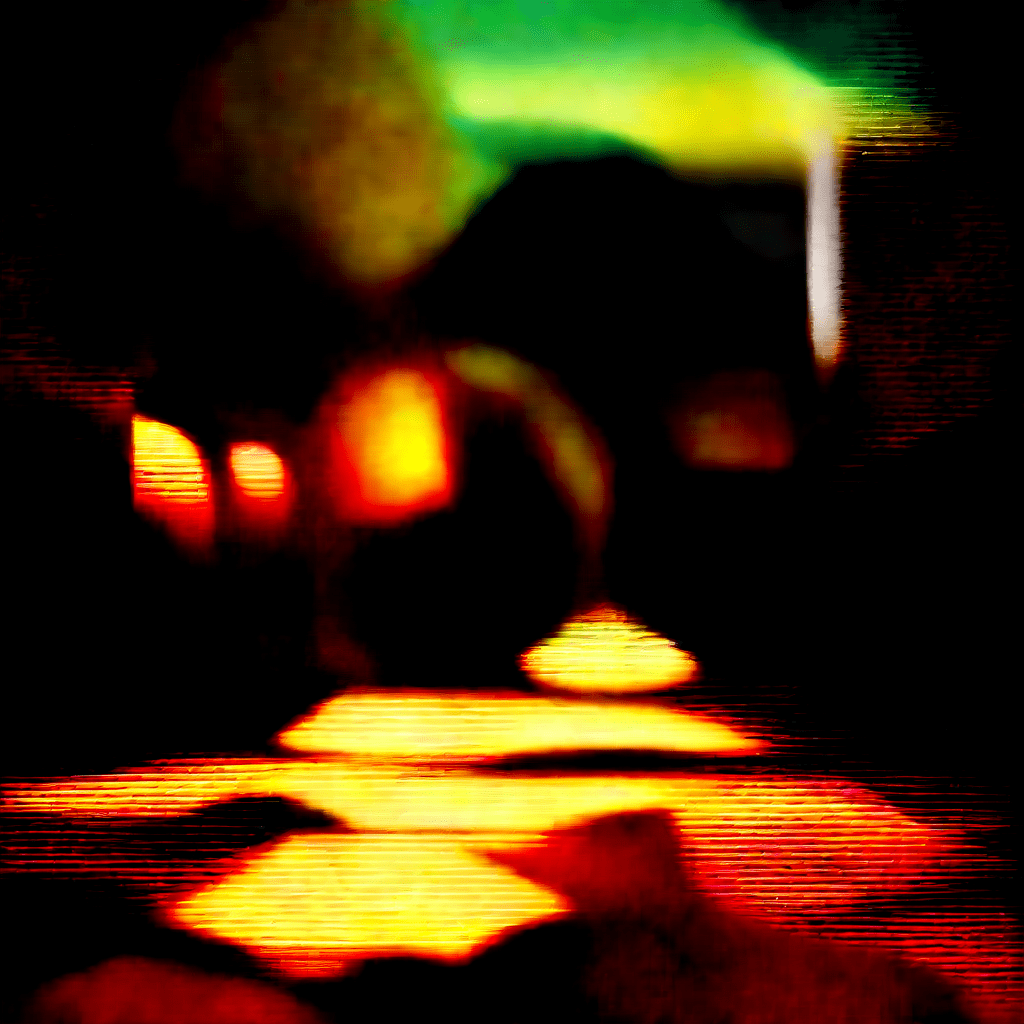
Experience the Vibrant Culture and Adventures of El Salvador
1. Explore the Majestic Mayan Ruins
Step back in time and immerse yourself in the ancient Mayan civilization that once thrived in El Salvador. Visit the majestic ruins of Joya de Cerén, a UNESCO World Heritage site often referred to as the “Pompeii of the New World.” Marvel at the well-preserved structures and gain a deeper understanding of the rich history of the region.
2. Unwind on the Beautiful Beaches
El Salvador boasts a stunning coastline with pristine, sandy beaches perfect for relaxation and water activities. Whether you’re an avid surfer looking for the perfect wave or a beachcomber seeking serenity, El Salvador’s beaches have something for everyone. Visit El Tunco, La Libertad, or El Cuco to experience the beauty of the Pacific Ocean.
3. Hike through Breathtaking National Parks
Get in touch with nature as you explore El Salvador’s diverse national parks. From hiking through cloud forests to admiring stunning waterfalls, the country offers a range of outdoor adventures. Don’t miss El Imposible National Park, home to stunning biodiversity and incredible hiking trails.
4. Discover the Rich Colonial Architecture
El Salvador is a treasure trove of colonial architecture, showcasing the country’s historical and cultural heritage. Take a stroll through the streets of Suchitoto, a charming colonial town known for its picturesque churches and cobblestone streets. Don’t forget to visit the stunning Baroque-style Santa Ana Cathedral in the city of Santa Ana.
5. Indulge in Delicious Salvadoran Cuisine
One of the highlights of visiting El Salvador is experiencing the mouthwatering local cuisine. Sample traditional dishes such as pupusas, which are thick corn tortillas filled with cheese, meat, or beans. Savor the flavors of Salvadoran ceviche, yuca frita, and the national drink, horchata. Make sure to explore the street food scene and visit local markets for a true culinary adventure.
6. Immerse Yourself in Local Arts and Crafts
El Salvador is known for its vibrant arts and crafts scene, showcasing the talent and creativity of local artisans. Explore the bustling markets of San Salvador to find unique handicrafts, including colorful textiles, hand-painted ceramics, and intricate wood carvings. Take home a piece of El Salvador’s culture and support the local artisans in their craft.
7. Experience the Festivals and Celebrations
El Salvador is a country that knows how to celebrate, with a calendar full of vibrant festivals and celebrations. Witness the famous “Los Farolitos” parade during the August Festival in San Salvador, where the streets are illuminated with thousands of colorful lanterns. Join in the revelry of the annual Day of the Dead festivities in November and experience the cultural traditions of El Salvador firsthand.
FAQ
1. Is El Salvador safe for tourists?
While El Salvador has had a history of high crime rates, the situation has improved significantly in recent years. Like any travel destination, it’s important to take precautions and stay aware of your surroundings. Stick to well-populated areas, avoid walking alone at night, and consult with local authorities or trusted sources for the latest safety information.
2. What is the best time of year to visit El Salvador?
The dry season, which runs from November to April, is generally considered the best time to visit El Salvador. During this period, the weather is warm and there is less chance of rainfall, making it ideal for outdoor activities and beach visits. However, El Salvador’s tropical climate means that even during the wet season, there are plenty of sunny days to enjoy.
3. What currency is used in El Salvador?
The official currency of El Salvador is the United States dollar (USD). It is recommended to have some cash on hand as not all establishments may accept credit cards. ATMs are widely available in urban areas.
4. Do I need a visa to visit El Salvador?
Visitors from many countries, including the United States, Canada, and most European countries, do not require a visa up to a certain duration of stay. However, it is always advisable to check the latest visa requirements and regulations before traveling to El Salvador.
5. What language is spoken in El Salvador?
The official language of El Salvador is Spanish. While English is not widely spoken, many people in tourist areas and establishments can communicate in basic English.
6. Can I drink the tap water in El Salvador?
It is generally recommended to drink bottled water in El Salvador to avoid any potential health issues. Bottled water is readily available in most places, and you should also use it for brushing your teeth and washing fruits and vegetables.
7. Can I use my cell phone in El Salvador?
Most international cell phone networks have coverage in El Salvador, but it is crucial to check with your service provider regarding international plans and roaming charges. Additionally, purchasing a local SIM card is an option for those looking for more affordable communication options during their stay.


